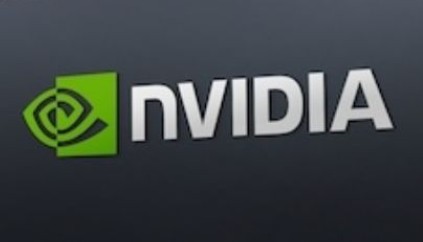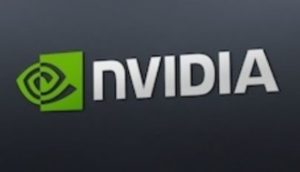SEOUL — Nvidia, the American chipmaking giant that this week became the first company to surpass a $5 trillion valuation, has struck a landmark deal to supply more than 260,000 of its most advanced AI processors to South Korea’s government and its leading corporations — Samsung, LG, Hyundai, Kakao, and Naver — in what analysts describe as one of the largest cross-border technology collaborations of the decade.
The chips, central to Nvidia’s newest Blackwell architecture, will power data centers and industrial applications ranging from robotics and autonomous vehicles to semiconductor design. “South Korea can now produce intelligence as a new export,” Nvidia’s CEO Jensen Huang told business leaders at an Asia-Pacific Economic Cooperation (APEC) summit in Gyeongju, where he emphasized the rise of “sovereign AI” — national-level computing capacity controlled by governments.
While Huang did not disclose the value of the contracts, industry observers estimate the South Korean orders could exceed $260 billion in total infrastructure investment over the next several years. Seoul’s government, under President Lee Jae Myung, has pledged to make AI a pillar of its economic strategy, countering tariffs and supply chain disruptions stemming from the ongoing U.S.-China technology rivalry.
A Strategic Pivot to Asia
The deal reinforces Nvidia’s critical ties with Asia’s manufacturing networks. Although the company designs its chips in the United States, its physical production is largely handled by Taiwan’s TSMC, South Korea’s Samsung, and SK Hynix. These firms provide the semiconductor foundations for Nvidia’s most powerful AI processors — the same technology driving advancements in generative AI and industrial automation globally.
South Korea’s appeal lies in its ample energy supply, available land for mega-factories, and deep experience in chip fabrication. “This country has the ingredients to become an AI powerhouse,” Huang said, adding that Korean firms could now create “digital twins” of factories worldwide to optimize production and innovation.
The China Question
The announcement comes as Nvidia navigates a delicate geopolitical balance. The company has seen its China market share collapse from 95% to 0%, following Washington’s export controls on advanced AI chips. Those restrictions, designed to limit China’s access to technology that could have military applications, have sparked both diplomatic tension and technological competition.
Following a meeting between U.S. President Donald Trump and China’s President Xi Jinping at APEC, both leaders signaled openness to renewed discussions over Nvidia’s potential chip exports to China. “It’s in America’s interest to have the China market, and in China’s interest to work with American technology,” Huang said, expressing hope for policies that would allow “chips back into China.”
Meanwhile, Chinese tech leaders, including Huawei and Alibaba, have responded by unveiling domestic AI processors designed to rival Nvidia’s offerings — a move experts see as both a defensive measure and a catalyst for homegrown innovation. Beijing has reportedly urged local firms to prioritize Chinese chipmakers, further complicating Nvidia’s reentry prospects.
Global Expansion and Market Confidence
Nvidia’s Asian ventures cap a week of remarkable milestones. Beyond the South Korean pact, the firm also partnered with the U.S. Department of Energy, Nokia, Uber, and Stellantis, underscoring its ambition to dominate every layer of the AI ecosystem — from cloud computing to autonomous transportation.
Investors have rewarded the company’s momentum: Nvidia’s share price soared on hopes of revived China trade and growing institutional adoption of AI technologies.
Despite export tensions and fierce competition, Huang struck an optimistic tone in Gyeongju. “We’d like to see American technology become the global standard,” he said. “AI is not just software or hardware — it’s the foundation for the next industrial revolution.” (zai)


